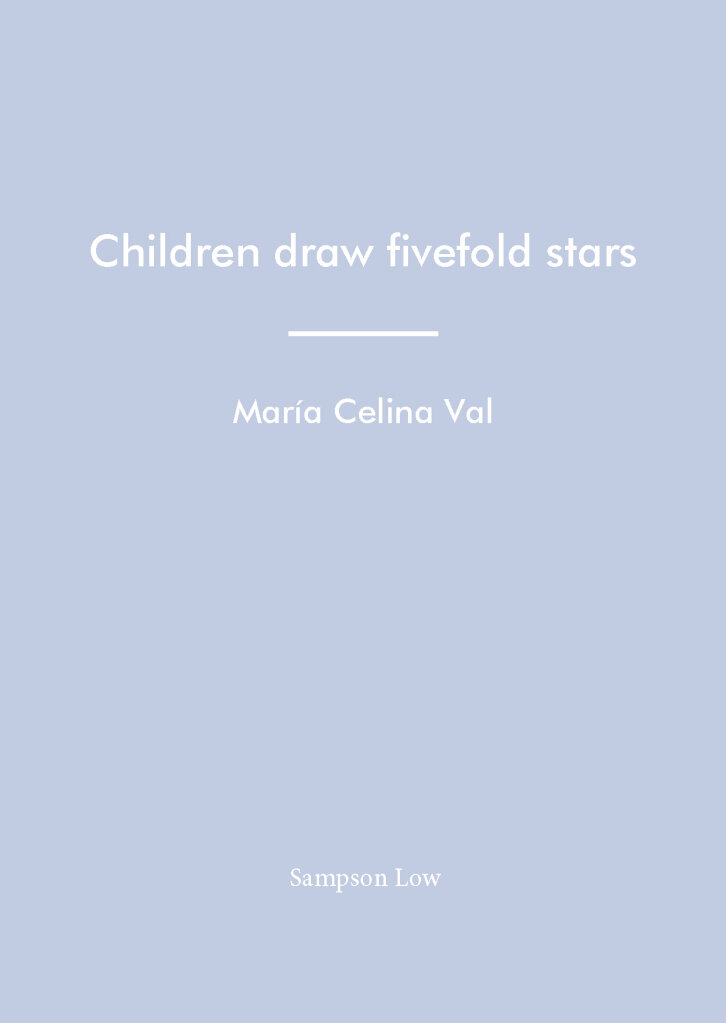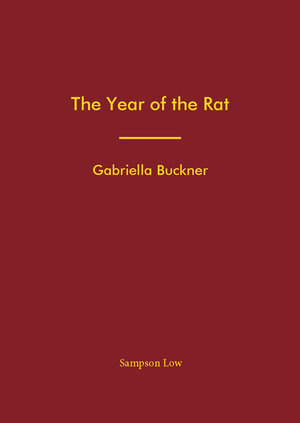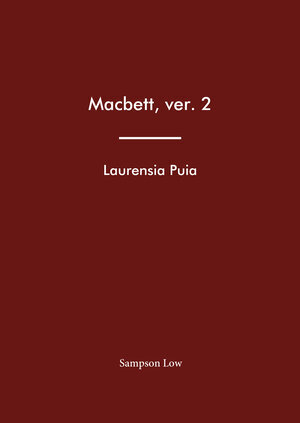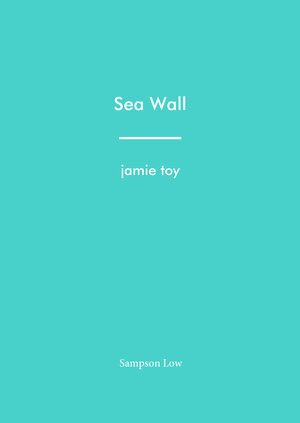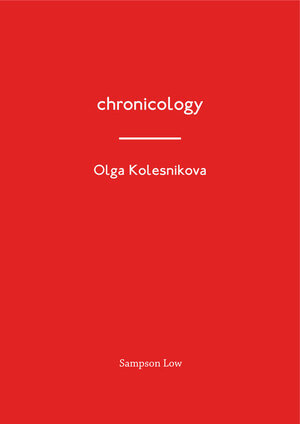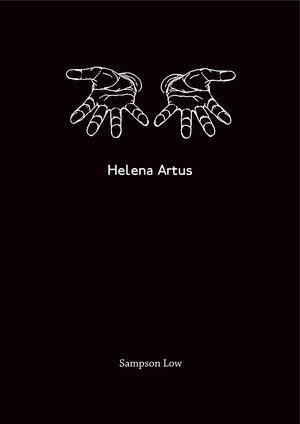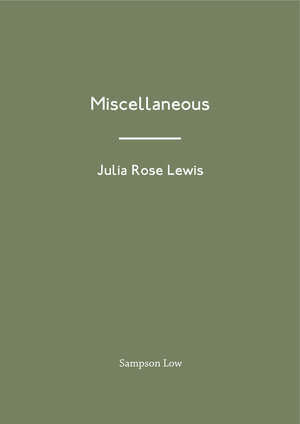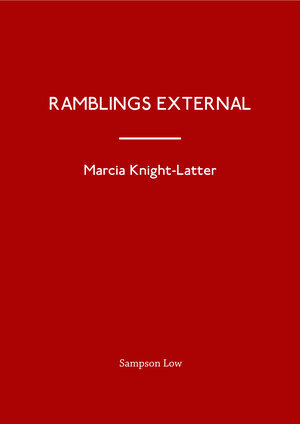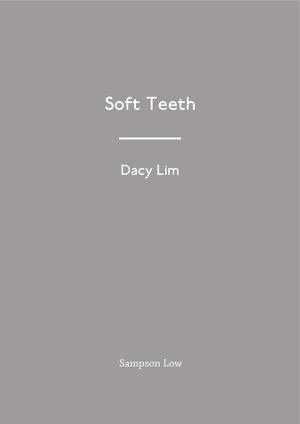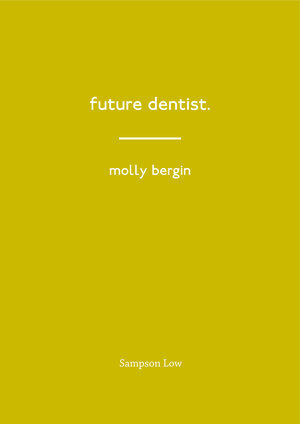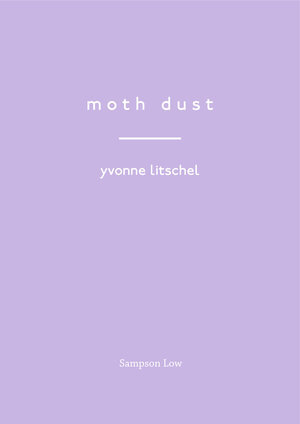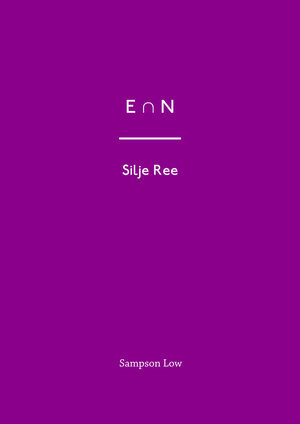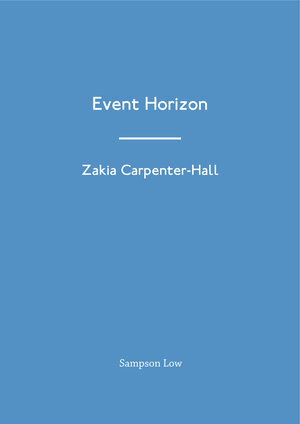This Thursday, December 3rd 2020, will see the 13th edition of the Sampson Low Writers Kingston Student Pamphlet series. It’s supported by Kingston University and its designed to evidence the remarkable contemporary and innovative poetry being written by current and recent Kingston University Creative Writing students, with beautifully designed pamphlets each featuring a suite of poems, most often on one theme or in one style, by a solo author. https://www.writerskingston.com/sampsonlow
Low key, it’s one of my favourite editorial projects. I get to work with poets early on in their writing, support them in their own originality, and the results have been amazing. It’s perhaps not had the recognition outside of the university and community around Writers Kingston that it deserves, with 12 debuts out of 13 pamphlets, 12 young women too, all so so high level in their quality, production and conception. The work standard is so high, and the 13th issue is remarkable. Maria Celina Val is an artist + poet + architect and her ‘children draw fivefold stars’ is really such a unique book of visual poetry. I mean, it’s quality is way beyond me, the design, the care, the samples above show. Please buy it here https://sampsonlow.co/2020/11/23/children-draw-fivefold-stars-maria-celina-val/
I have to thank Sara Upstone and many others at Kingston Uni who support this project, my idea, and it also has to be said that Alban Low is a gem. A rare thing. So generous, consistent, reliable, professional, insightful. I’m not being hyperbolic. That’s why we have an event celebrating his press this thursday, for the launch, please come by https://www.writerskingston.com/sampsonlowcelebration/


